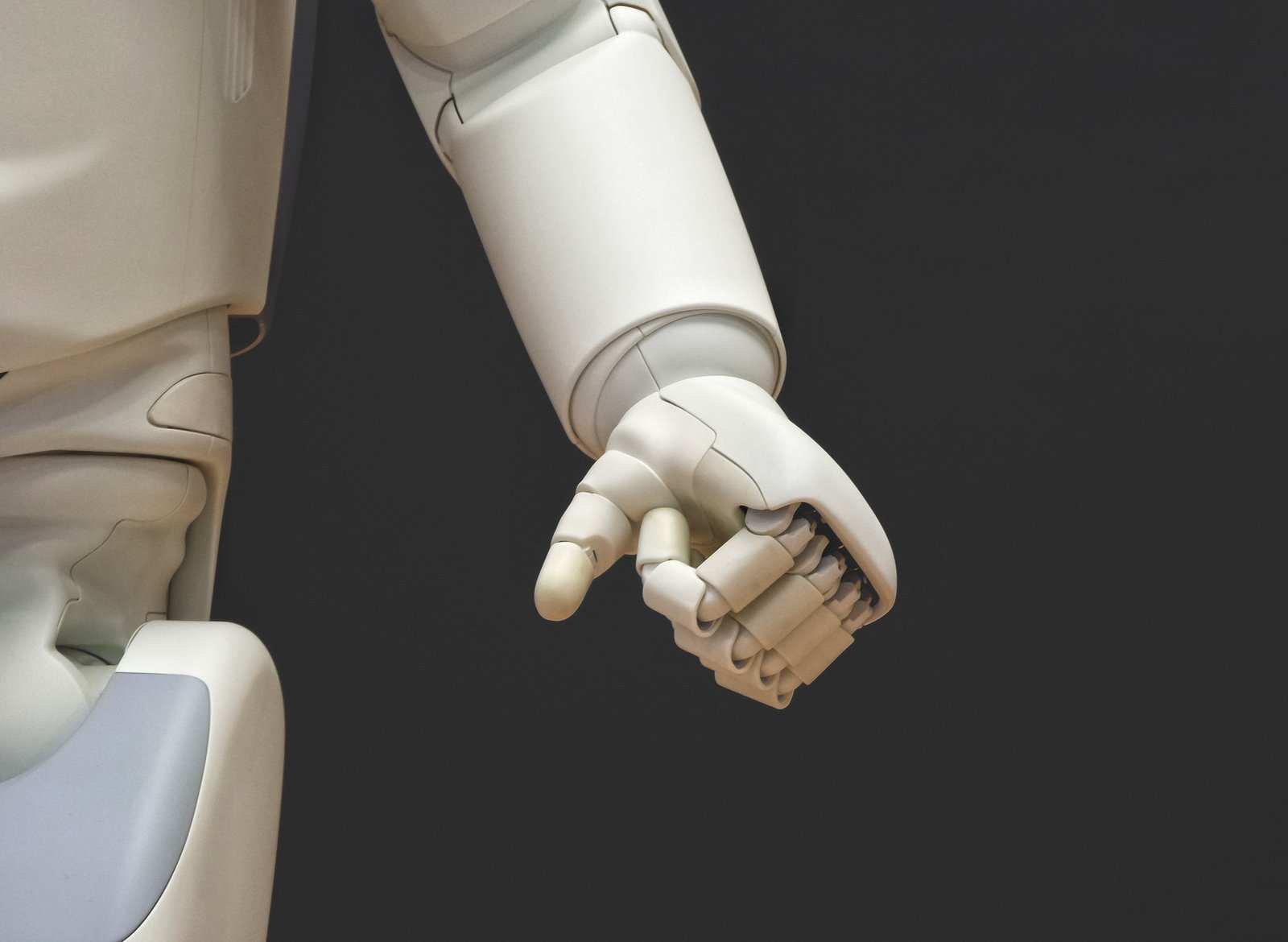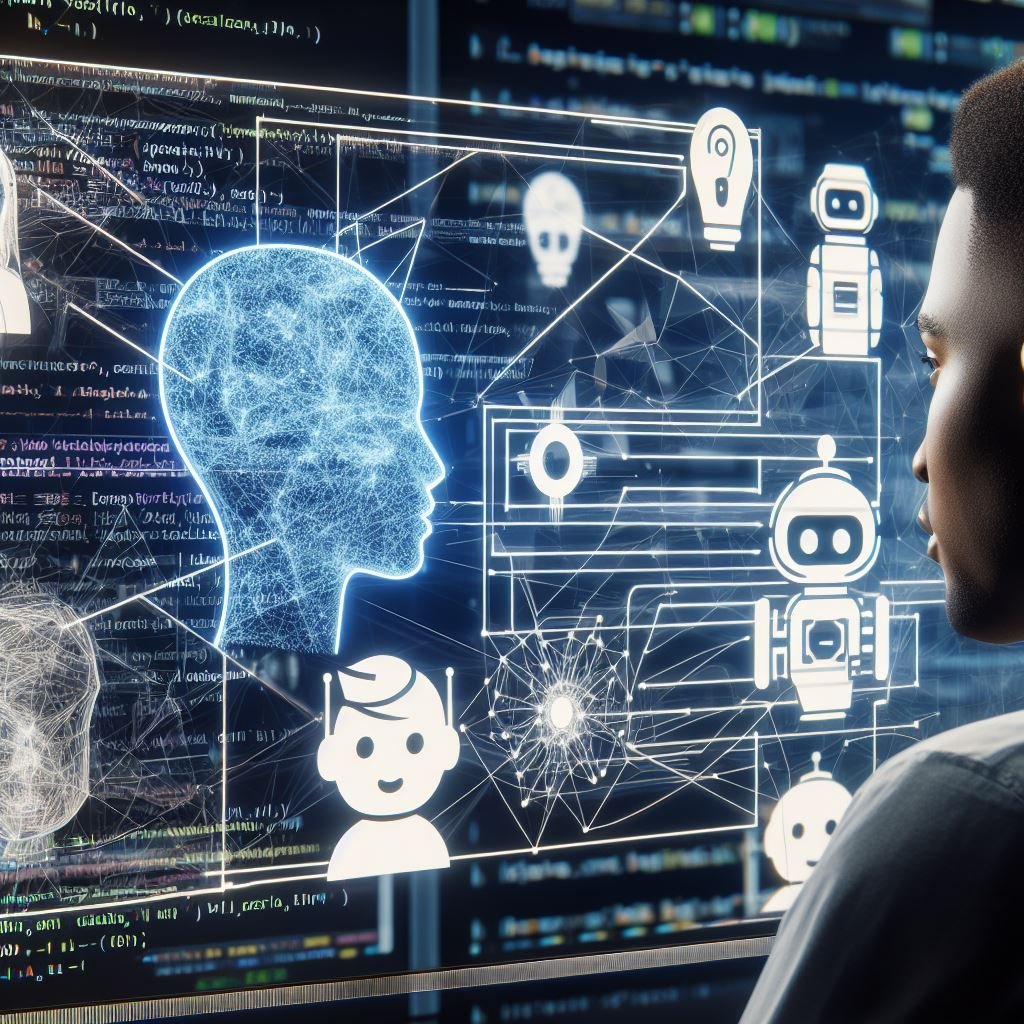
The Future of AI: Trends and Innovations Transforming Businesses
Artificial Intelligence (AI) has become one of the most transformative technologies of our time, with the potential to revolutionize industries and reshape the way we live and work. As AI continues to evolve, businesses are increasingly incorporating AI into their operations to gain a competitive edge and drive innovation.
So what does the future hold for AI? Let’s explore some of the key trends and innovations that are transforming businesses:
1. Machine Learning
Machine Learning is a subset of AI that enables systems to learn and improve from experience without being explicitly programmed. This technology is driving advancements in various industries, from healthcare to finance. Machine Learning algorithms can analyze vast amounts of data and identify patterns, helping businesses make more informed decisions and improve efficiency.
2. Natural Language Processing
Natural Language Processing (NLP) allows machines to understand and interpret human language. NLP is powering virtual assistants like Siri and Alexa, enabling users to interact with technology through voice commands. Businesses are leveraging NLP to improve customer service by providing chatbots that can understand and respond to customer queries in real-time.
3. Computer Vision
Computer Vision is an AI technology that enables machines to see and interpret visual information. This technology is being used in various industries, including autonomous vehicles, retail, and healthcare. Computer Vision can analyze images and videos, enabling businesses to automate processes, enhance security, and improve customer experiences.
4. Robotic Process Automation
Robotic Process Automation (RPA) involves the use of software robots to automate repetitive tasks. RPA is revolutionizing industries by streamlining processes, reducing errors, and increasing productivity. Businesses are deploying RPA to automate tasks such as data entry, invoice processing, and customer onboarding.
5. Edge Computing
Edge Computing brings AI capabilities closer to the source of data generation, reducing latency and improving real-time decision-making. This technology is particularly relevant in industries where real-time data analysis is critical, such as autonomous vehicles and industrial IoT. Edge Computing enables businesses to process data locally, minimizing the need for cloud connectivity.
The future of AI is promising, with endless possibilities for innovation and transformation. As AI continues to evolve, businesses need to stay ahead of the curve and embrace these trends and innovations to unlock their full potential. By leveraging AI technologies, businesses can enhance efficiency, improve customer experiences, and drive growth.
Are you ready to embrace the future of AI?



